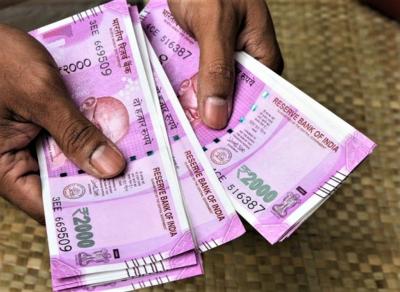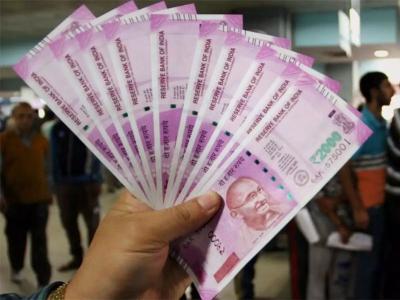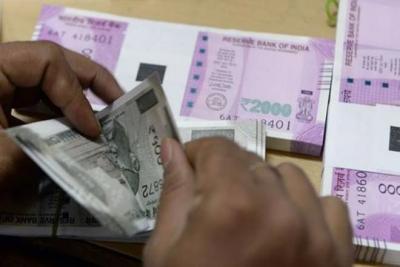Cash transactions above Rs 20000 can invite penalty by income tax department
By Lokmat English Desk | Published: May 17, 2022 02:01 PM2022-05-17T14:01:50+5:302022-05-17T14:01:50+5:30

It is always mandatory to mention PAN and Aadhaar for cash transactions aggregating Rs.20 lakh in a financial year.

While this rule has been introduced recently, cash transactions have always been an area of concern for the tax department.

Under Sec 269SS of the Income Tax Act, 1961, one cannot take a loan or pay more than Rs 20,000 in cash. Any violation can invite a stiff penalty under Section 271D, which can be equal to the loan or deposit amount.

Loans from certain institutions such as banks, government departments, and Post Offices are exempted, but cash transactions with other entities must comply with the Rs.20,000 limit or invite a heavy penalty.

However, there is another source of funds that is not within the Rs.20,000 limit.

One is allowed to take cash loans from family members to meet business exigencies.

According to a Economic Times report, in a recent case of Balwan Singh vs Asstt. CIT [2022], the Delhi Tribunal stated that if the assessee can show a reasonable cause for accepting/repayment of cash to meet business requirements, then penalty under Section 271D and Section 271E cannot be levied.

For instance, an entrepreneur needs funds urgently and takes a cash loan of Rs.80,000 from his wife. If we go with plain reading of the law, the assessee has violated the provisions of Section 269SS.

However, if he can prove that there was an urgent need and there was no other means, the penalty under Section 271D can be avoided.

Of course, whether a situation can be treated as a business exigency will depend on the merits of the case. Under Section 273B, it is left to the discretion of the assessing authority to not levy a penalty if it is satisfied that there was a reasonable cause for taking the cash loan. Even if the borrowed amount is more than Rs 2 lakh, the penalty will not be levied if the assessing authority is satisfied by the proof of exigency submitted by the assessee.























